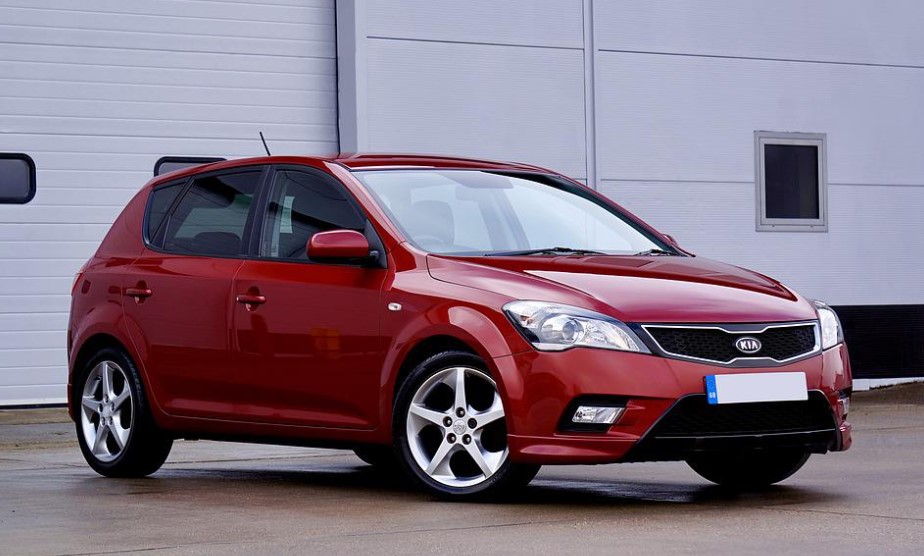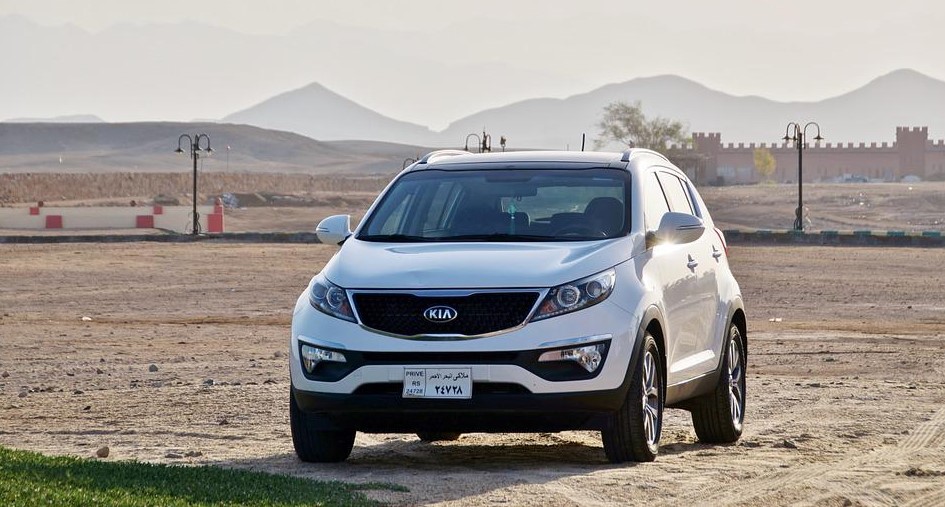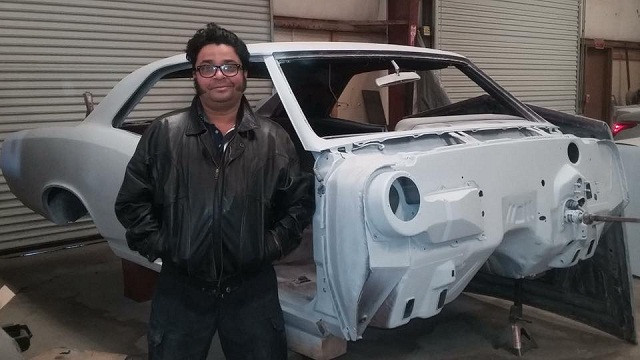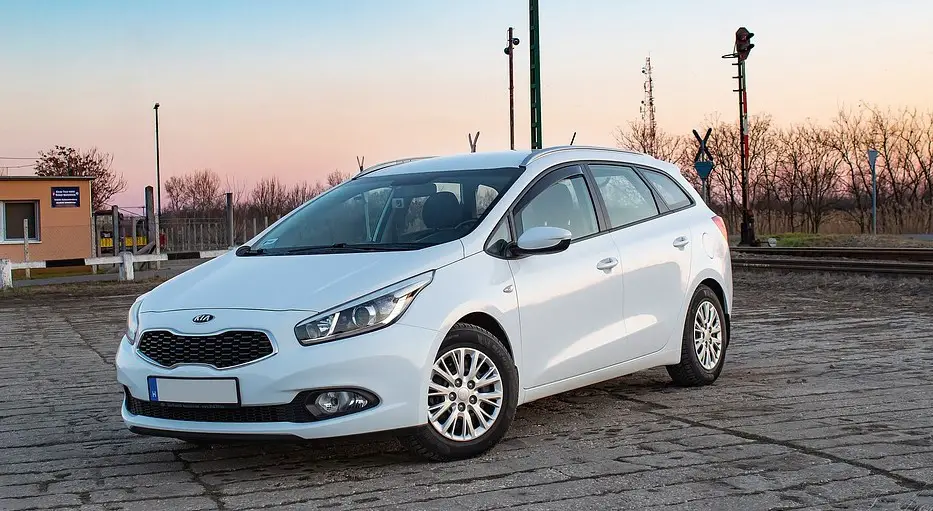Last Updated on February 15, 2023 by Leepu Da Maxim
Despite how prosperous Kia is now after rebranding, it still does not sell in Japan. This is because it lacks high recognition in Japan. Therefore, it invests in areas where its level of recognition is reasonably high to minimize its chances of getting losses.
Key Takeaways
- There is intense competition in the Japanese automotive market and it is one of the main reasons Kia doesn’t enter in Japanese automotive market
- Japan has the strictest safety and emissions standards in the world and this is why the Kia brand finds it very difficult to sell their car in Japan
- There is a huge cultural difference as Japanese consumers have different tastes and preferences when it comes to cars and other types of vehicles
- Because of poor brand recognition, Kia cars might not be trusted by Japanese consumers
Reasons Why Kia Doesn’t Sell in Japan

Kia is a good brand that offers excellent reliability and exceptional performance at an affordable price. However, the brand has a long way before it gets to the top of the market sales. It had the following issues that deterred it from selling in Japan to date.
Kia wasn’t a Trustworthy Brand
Previously, Kia faced several car issues and problems with its promoters and brand ambassadors. This contributed to its defamation, making it not sell in Japan.
Kia Didn’t Get Recognition in Japan
Japan is known for its quality and reliable vehicles, with several automakers coming from the country. They also have the K-car, which is quite popular and reliable. Other brands coming into Japan have to prove that they are better than what the country already offers.
Korean brands, including Kia, have not managed to capture the Japanese market and aren’t well recognized in the country. When a product isn’t recognized enough, it is typical for its sales to dwindle.
Lack of brand recognition in the Japanese market has also affected other automakers such as Ford and Hyundai.
Kia Lacks Good Customer and Company Relations Contacts in Japan
Lack of proper customer care becomes a turn-off as many pending cases remain unsolved. It is challenging for customers to trust the brand in these cases completely.
If any other brand comes and provides what is offered by Kia, the company, customer, or even country; Japan, in this case, would instead choose the other brand over Kia.
Initial Reliability Issues
When Kia first started, it had lots of issues affecting its reliability. Many instances of engine failure and fires were reported worldwide. These issues impacted the brand’s sales, but the impact was much worse in Japan. The Japanese market would instead buy their cars than get a Korean brand that had been reported to fail severally.
What Do Japanese Car Buyers Look for in a Car?

Japan is known to produce high-quality vehicles focused on safety; their cars are reliable and well-built. Foreign cars looking to venture into Japanese markets need to meet and exceed these standards.
Japanese car buyers are used to quality and reliability, and that’s what they need to find in an imported car before buying it.
Vehicle brands need to meet the following requirements to fit the Japanese market.
Environment-Friendly Cars
With issues such as global warming, having environmentally friendly cars is essential. Japanese prefer fuel-efficient vehicles and those with little or no carbon emissions.
High-Quality Cars Which Are Fairly Priced
Affordability is crucial for any automaker looking to sell in the Japanese market. Japanese car buyers want quality and reliable cars at affordable prices. That’s why Japanese vehicles are the most affordable yet quality vehicles
Top-Notch Performance and Features
Japanese cars are known for their excellent performance and handling. Their engines are built to last for thousands of miles without stalling. They also have top-notch features ranging from safety to infotainment features. With these standards already set, Japanese car buyers cannot expect less.
How Does Kia Perform in Different Markets?

Even though Kia doesn’t sell in Japan, it has tremendous success in other markets, including the US, Europe, and China. Most of the sales are in Korea, which is expected because that’s the brand’s origin.
Below is a breakdown of Kias vehicle sales by region as at 2021
| Region | Share of KIA vehicle sales |
| The US | 21.2% |
| Korea | 19.2% |
| Europe | 16.8% |
| China | 5.6% |
Frequently Asked Questions
Are Japanese Cars better than Korean?
Both Korean and Japanese Cars are known to be dependable and high-quality. Which one is better is mostly a matter of personal preference. If you want a vehicle with guaranteed quality, Japanese cars win. On the other hand, Korean brands are best for you if you focus on design and advanced features.
Does Hyundai sell in Japan?
Hyundai sales in Japan are almost similar to Kia’s; the Japanese market has not fully embraced Korean vehicles, mainly because they came after Japanese automakers had perfected the art of car making.
The Final Word
Kia and other Korean car brands are becoming quite popular in the US and worldwide, but that’s not the case in Japan. Japanese have the K-car and other reliable passenger cars from Japanese automakers, so they are not enthusiastic about owning a different car brand.
Kias are decent cars that are durable, quality, and affordable, but despite all the pros, the carmaker hasn’t managed to gain a significant market share in Japan. Competition from Japanese brands such as Toyota and Nissan doesn’t improve the situation.
The brand also doesn’t have sufficient recognition, and its customer relations in Japan are wanting. Maybe in the future, Kia will develop strategies to help the brand penetrate the Japanese market effectively, but we can only hope for now.
References:
https://www.quora.com/Why-doesnt-Kia-sell-in-Japan-seen-on-Wikipedia
https://www.autoblog.com/2009/10/24/japan-bias/

Hi, I’m Leepu Da Maxim , a dedicated car enthusiast with over 10 years of experience in this field, and I’m thrilled to share my passion and expertise with fellow car enthusiasts like you. My journey began in my hometown West Jordan, Utah, where my fascination with the mechanics and design of cars sparked at a young age. Over the years, this passion has evolved into a commitment to providing accurate, insightful, and engaging information about all things automotive through CarsAmazing .

